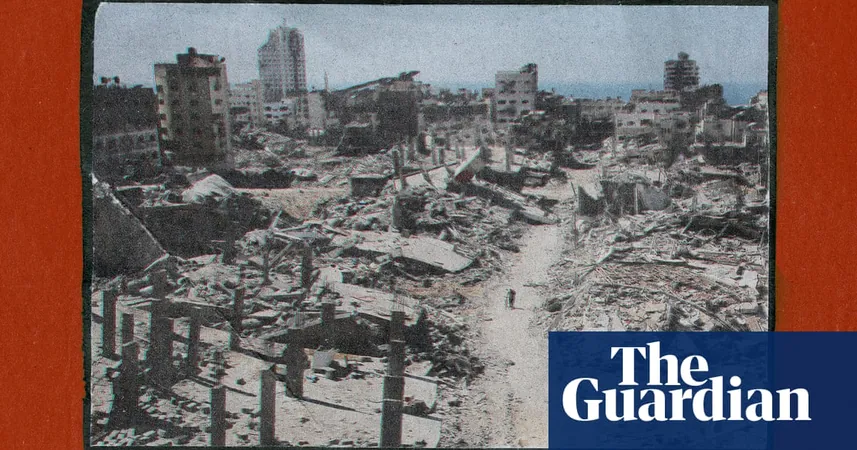
The Eruption of Academic Discourse: Genocide Claims Stir Controversy Over Gaza Conflict
2024-12-21
Author: Jacques
Eruption of Academic Discourse Over Gaza Conflict
Recent reports from major human rights organizations Amnesty International and Human Rights Watch have ignited fierce debates in academia over the characterization of the ongoing conflict in Gaza, which has tragically resulted in the deaths of more than 45,000 Palestinians. The core contention arises from Amnesty's assertion that Israel is committing genocide, while Human Rights Watch posits that there are acts of genocide occurring.
Divided Scholars in Genocide Studies
This discourse has once again highlighted the deep divisions within the field of Holocaust and genocide studies, where scholars are passionately divided into camps. Some argue that the Holocaust stands as a unique, unparalleled atrocity, while others advocate for a comparative analysis of genocides, seeking to apply historical insights to contemporary events.
Tensions at the Conference
Tensions in this academic field were palpable during a recent conference focused on the Holocaust’s "lessons and legacies," which took place in Prague against the backdrop of escalating violence following the October 7 Hamas attacks. A heated altercation broke out when scholars clashed over Israel's military actions, prompting one participant to declare, "genocide is worse than terrorism." This emotionally charged atmosphere rendered dinner conversations starkly divided, reflecting a significant shift in the landscape of genocide studies.
Fear of Professional Repercussions
Uğur Ümit Üngör, a Dutch-Turkish historian, likened the atmosphere at the conference to that of a "high school fight." The fear of professional repercussions and potential labeling as either apologists for Israel or as extreme critics have stifled open discourse on the ramifications of Israel's actions in Gaza.
Calls for Genocide Recognition
Since the onset of the current war, there has been a notable increase in calls from academics asserting that Israel's operations constitute genocide. Since a January assessment by the International Court of Justice suggesting a "credible risk" of genocide, the academic community has been thrust into a state of paralysis regarding how to approach this highly sensitive topic.
Legal Framework Confusion
Despite the implications that legal frameworks hold, there remains substantial confusion and disagreement. While the International Criminal Court has issued arrest warrants for Israeli leaders over war crimes, no genocide charges have yet been filed.
Crisis within Genocide Studies
Raz Segal, a prominent historian who argues that Israel's actions fulfill the textbook definition of genocide, points to a fundamental crisis within the field. The roots of Holocaust and genocide studies can be traced back to the aftermath of World War II, expanding significantly throughout the 1990s amidst global confrontations with mass violence, including notable events in Bosnia and Rwanda. Yet, the integration of new historical contexts continues to polarize scholars.
Diverging Interpretations of Anti-Semitism and Terrorism
Norman Goda, a Holocaust studies professor who disputes claims of genocide against Israel, argues that recent escalations have unveiled longstanding tensions between interpretations of anti-semitism, terrorism, and colonialism, suggesting that accusations of genocide may serve to delegitimize Israel's right to exist.
Complex Question of Victimhood
Critics are torn: is it possible for a nation with a history as a victim, such as Israel, to perpetrate genocide? Scholars like Üngör have taken time to grapple with this complex question, urging a re-evaluation of preconceived notions within the discourse of violence.
Openness in the Academic Discourse
The conflict has not only opened up lines of discourse through editorials and open letters—where perspectives range from framing Hamas attacks as reminiscent of historical pogroms to warnings about Israel's potential genocidal actions—but it has also sparked a deeper reflection on the integrity of genocide studies itself. Contributions in prominent journals have examined the implications of Israel’s actions while an alarming number of scholars have chosen silence over the potential backlash from both sides.
Climate of Fear in Academic Institutions
The “climate of fear” in universities—especially in the U.S.—has further curtailed candid debates, with scholars fearing repercussions for their views. Prominent figures like Omer Bartov have openly expressed skepticism about how to articulate the nuances of the situation while grappling with the potential consequences of their words.
Overarching Concerns amid Divergent Opinions
Despite divergent opinions, there remains a shared concern: the difficulty of establishing genocidal intent must not overshadow the consistent suffering and systematic destruction faced by Palestinians in Gaza, described by Bartov as attempts to render them "unable to survive as a group."
Critical Questions for the Future
As this academic rift unfolds, it raises critical questions about how scholars reconcile their moral imperatives with rigorous assessment of events that bear the potential to redefine our understanding of genocide. The debate surrounding these reports signifies more than a scholarly divide; it reflects a crucial moment in history where interpretations of mass violence could shape the narratives of future conflicts.
A Unifying Stance or Ongoing Schism?
Will the academic community find a unified stance, or will the ideological schism continue to grow in the wake of global tragedy? The world watches as scholars navigate this challenging landscape, seeking to uphold their commitment to truth amidst a tempest of emotional and political pressures.



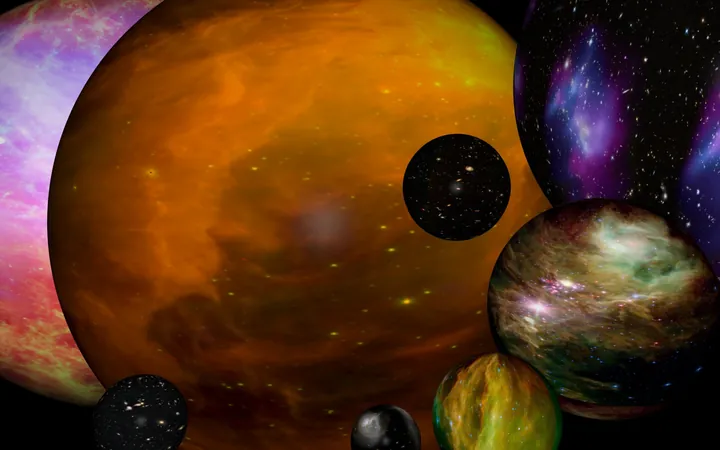
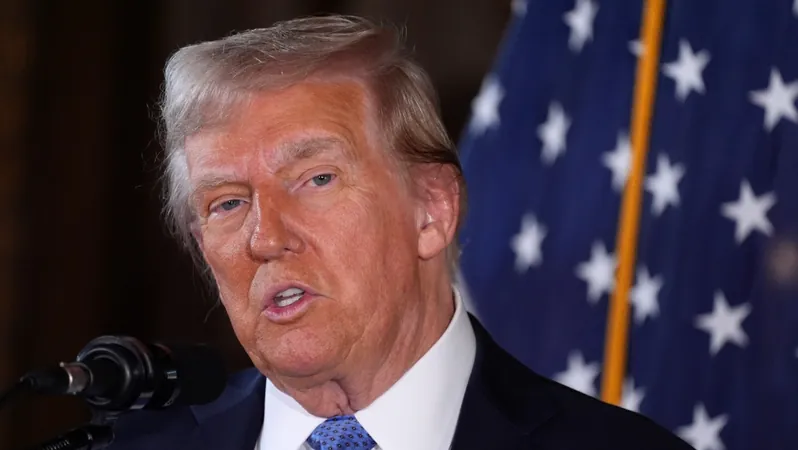
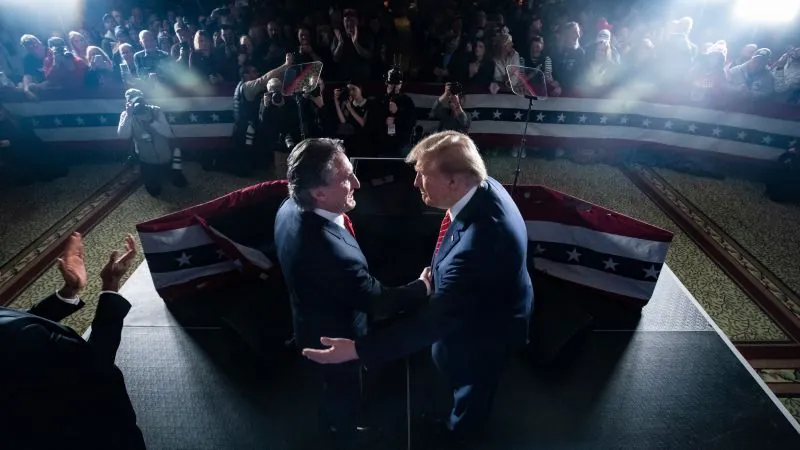
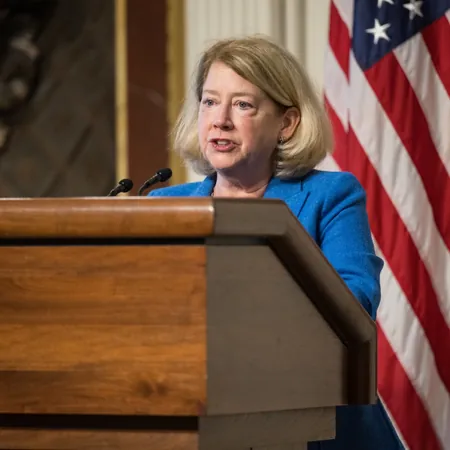
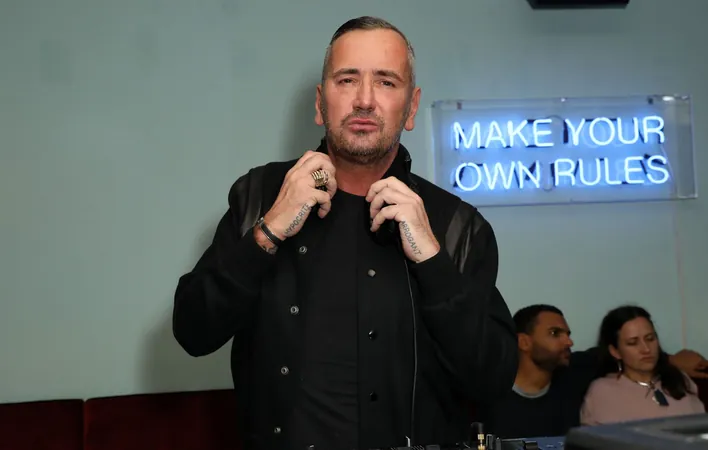

 Brasil (PT)
Brasil (PT)
 Canada (EN)
Canada (EN)
 Chile (ES)
Chile (ES)
 España (ES)
España (ES)
 France (FR)
France (FR)
 Hong Kong (EN)
Hong Kong (EN)
 Italia (IT)
Italia (IT)
 日本 (JA)
日本 (JA)
 Magyarország (HU)
Magyarország (HU)
 Norge (NO)
Norge (NO)
 Polska (PL)
Polska (PL)
 Schweiz (DE)
Schweiz (DE)
 Singapore (EN)
Singapore (EN)
 Sverige (SV)
Sverige (SV)
 Suomi (FI)
Suomi (FI)
 Türkiye (TR)
Türkiye (TR)